To not conform to social expectation and norms can generate a profound sense of isolation and alienation
Rebecca Greenslade (2018)
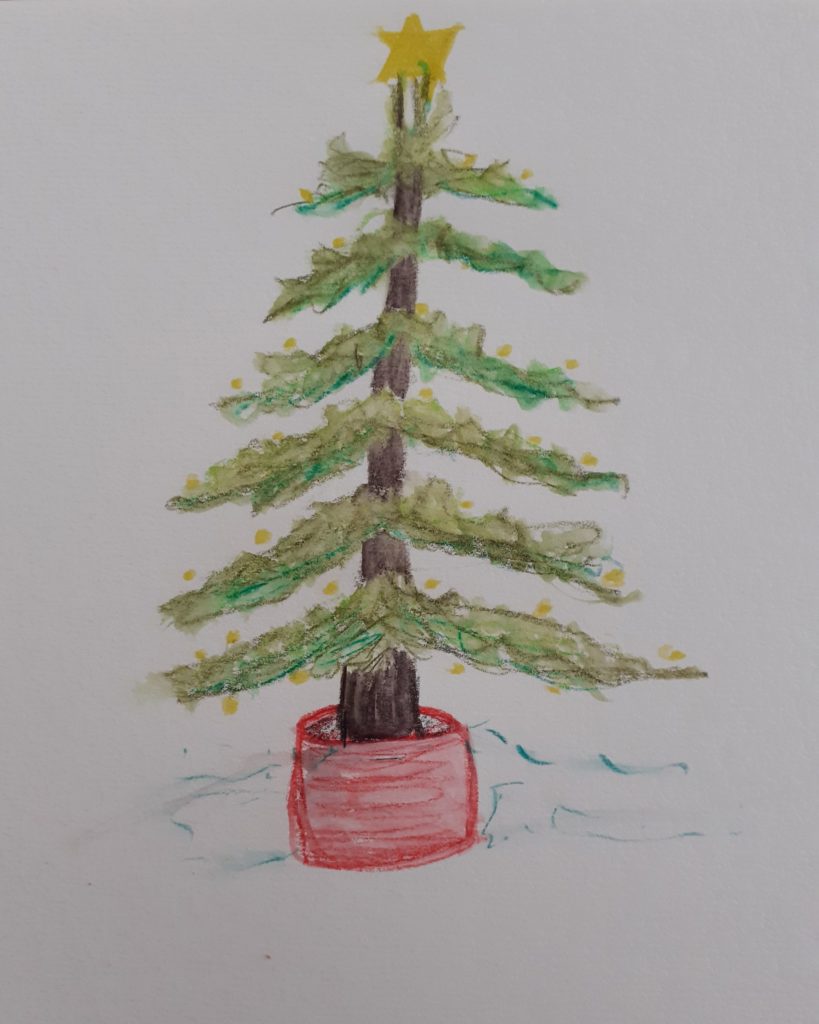
Not Conforming to Social Norms Can Also Feel Free and Refreshing
The first year (2009) I didn’t buy Christmas presents for friends and family it felt kind of Grinch-like, but also refreshing. I was free from the expectation that had been laid on me by my ancestors. The funny thing was my Grandma hated Christmas but continued to buy presents, decorate a tree and cook incredibly large amounts of food for the festivities. When I asked her why she did it, she grimaced and said something about just getting on with it. Yes, social norms can be incredibly powerful but I wasn’t with my family that first year, so I rejoiced in my new found freedom. I had more time and energy without the worry of what to get for each person.
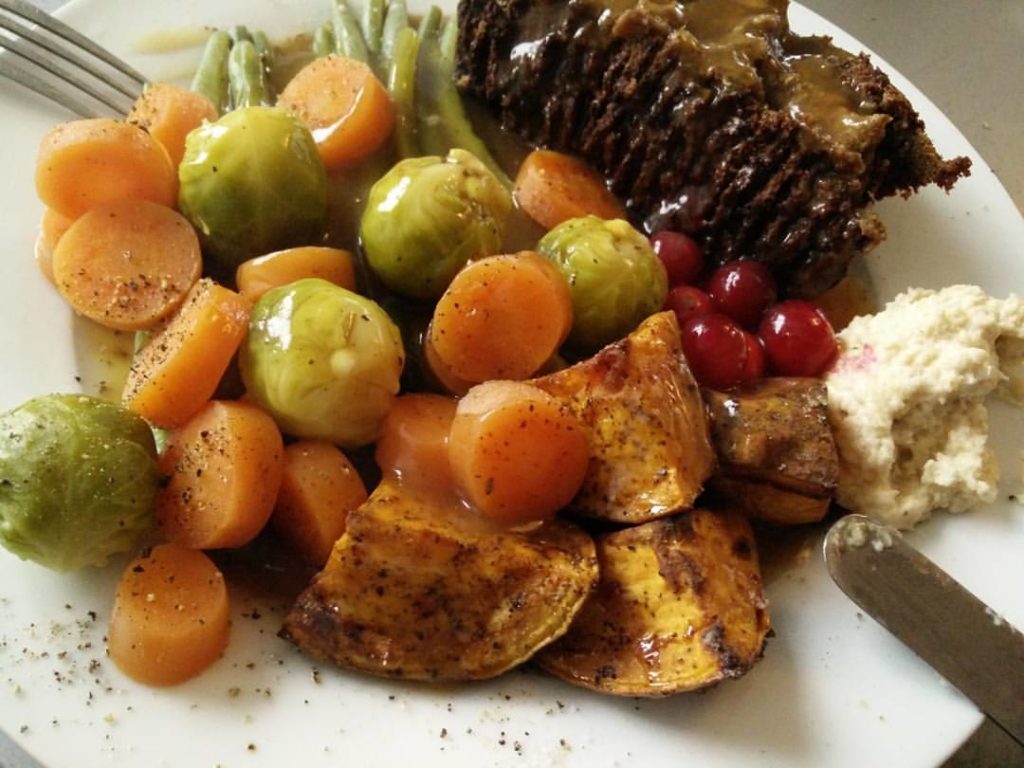
The Close Proximity of Family Can Induce a Need to Conform to Social Norms
Over the next few years I noticed a few things about social pressure. If I spent Christmas alone, I felt no pressure to buy, buy, buy! But, when I stayed at my sister’s for Christmas I felt an obligation to join in and buy presents. Another year my son came to stay for Christmas and I felt driven to insist that we do presents, even though I’d spent the year before alone, happy in my decision to not buy presents. There’s something about the close proximity of family at Christmas time that seems to trigger a ‘must buy Christmas presents’ internal pressure in me. It’s such a strong feeling.
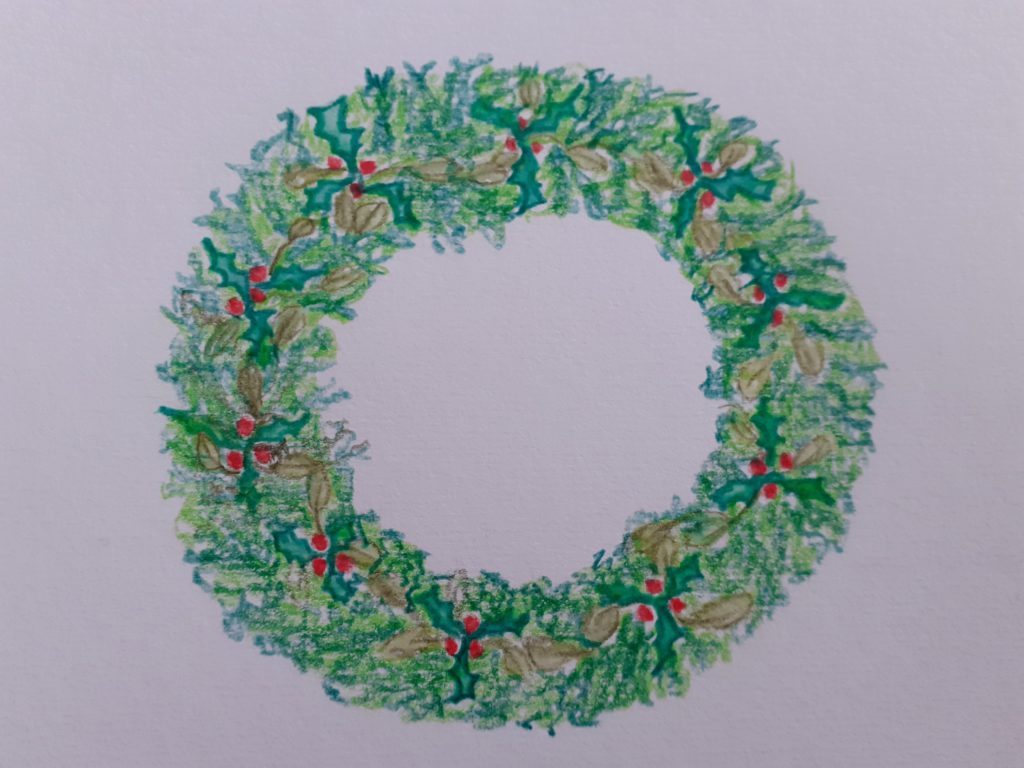
Christmas is Fun With Friends But It Still Triggers Social Norms
That internal pressure to buy Christmas presents does not happen when I spend Christmas with friends. We spend time cooking, eating, and playing together and it’s more fun than spending it with family (no offence!). However, there are other social norms that set off my ‘must join in’ internal pressure, like drinking alcohol. I’ve been teetotal for some years now except last Christmas (2018) at a friend’s house. Everyone else was drinking and I joined in and gave up my integrity (and got a hangover). Since I find it easy to not drink when in a pub with friends, it must be something about Christmas that triggers a need to conform to the norm.
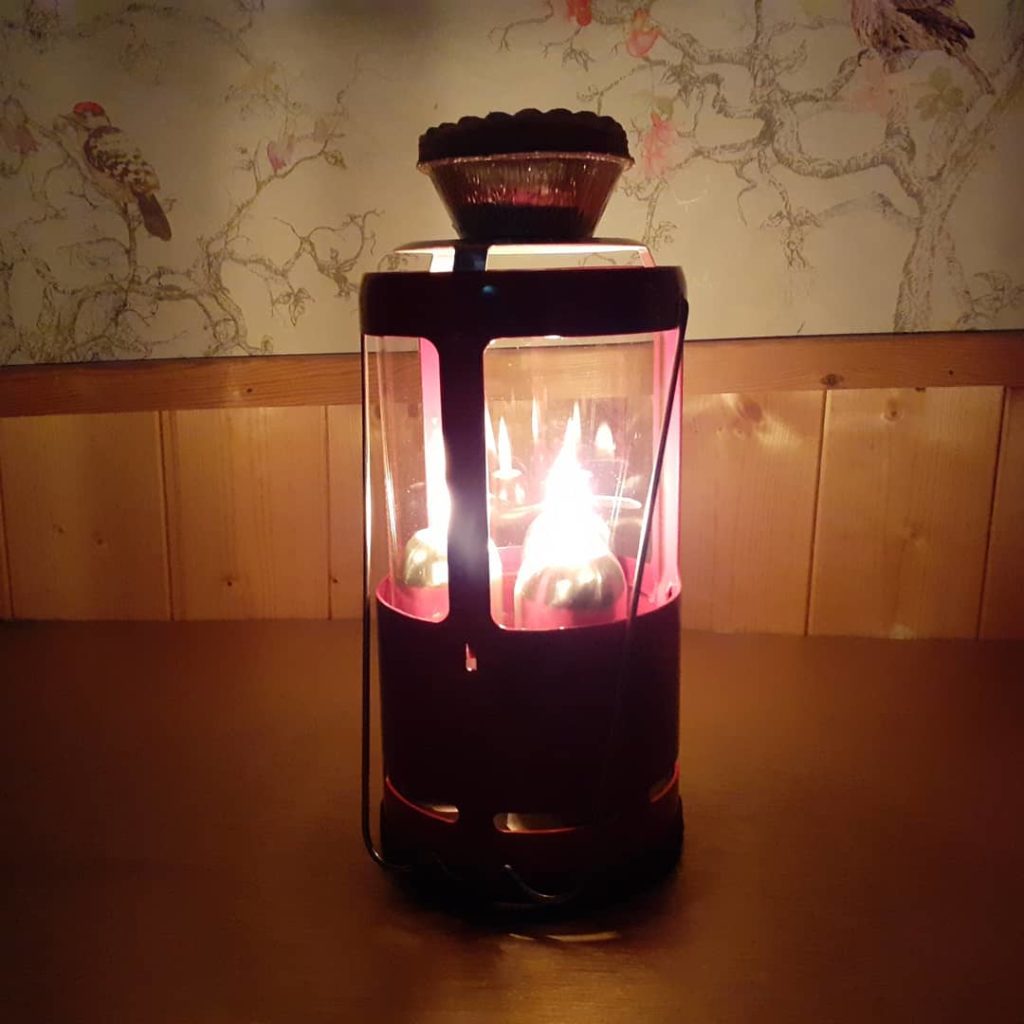
What Are the Conditions For Choosing Integrity Over Social Pressure at Christmas?
For me, at the moment, it’s not being around people when they’re doing things I’ve quit doing. This year I’m going to a Buddhist retreat centre for Christmas and we’re not having Christmas at all. There will be mindfulness, meditation, communal cooking and eating, talks on inspirational texts, and sharing our creative gifts with one another. I’m looking forward to seeing what it will be like!
Okay, so that works for me, but what about you? Perhaps you feel obligated to spend shed-loads of money on presents, but you don’t really want to. I know that doing what you’ve always done can feel like it’s the only option but it’s not. I wonder how you might start to create the conditions for change? You might like to try a coaching session to work that out (contact me for a FREE 20 minute discovery call). You will walk away with clarity and a step you can take. Maybe you don’t do Christmas but have other pressures that you’d like to explore and find ways of dismantling? Whatever you choose for yourself this Christmas, I wish you a wonderful time!
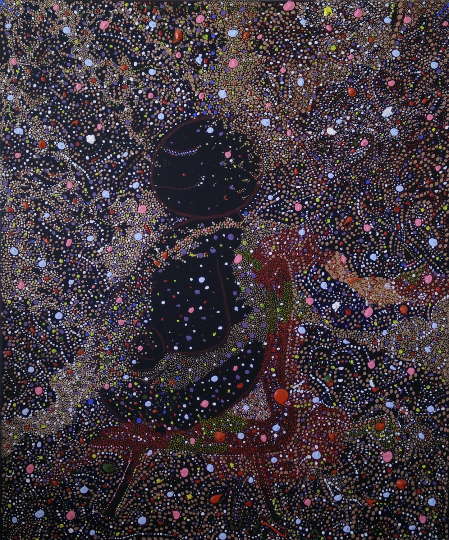
Reference
GREENSLADE, R., 2018. Existential psychotherapy and the therapeutics of activism. European Journal of Psychotherapy & Counselling. 20 (2), pp.184–198.
